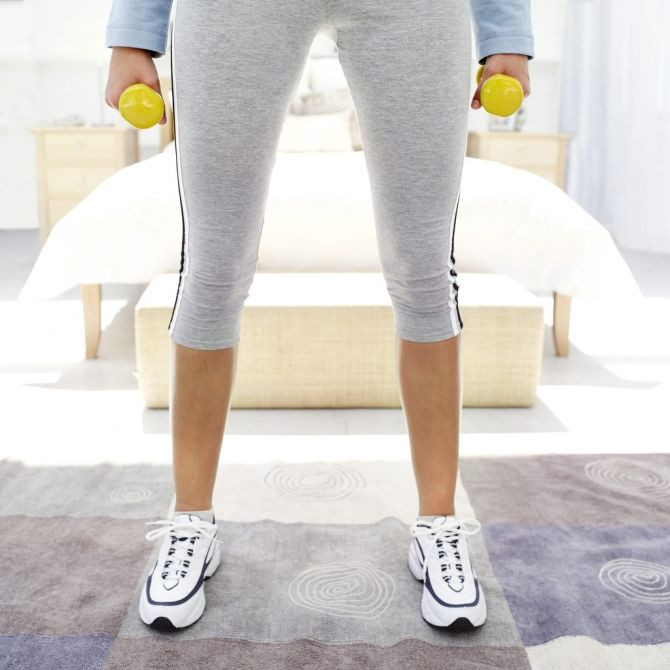Bio-Sole: Helps Identify People and Diseases but Raises Privacy Concerns

While we all are aware that fingerprints carry unique ridged detail from person-to-person, and even identical twins have different prints, research suggest each person has unique feet and ways of walking as well.
Pedo-Biometrics Lab located at Carnegie Mellon University (CMU) in Pittsburg, Pa, alongside Autonomous ID, are creating special shoe insoles that can help monitor access to high-security areas such as nuclear power plants or special military bases.
Achieving an accurate rate of 99 percent, according to Todd Gray, Autonomous ID's president, scientists have been working on prototypes since 2009. The soles are no thicker than the average sole that is currently sold in pharmacies.
Gray specified the soles ability to quickly distinguish two major things. For one the sole can identify, within the third step, the owner of the sole and will go back to sleep. If another person chooses to wear one's sole, it instantaneously will know that you are not the owner.
Like the Chinese government, most recently the U.S. Department of Defense has been in support of gait research, providing millions of dollars in funding.
John DiMaggio, an Oregon podiatrist who has worked with law enforcement to use foot information in forensic investigations stated although research are currently in the preliminary stage, using feet biometric identification "makes sense."
Not only can biometric identification be useful with identifying one's unique way of walk, but also it may have beneficial medical use. At the Alzheimer's Association International Conference in Vancouver, research was presented stating changes in how elderly people walk and suggesting the bio-soles may be able to provider early warnings of dementia.
However, though bio-soles may be able to translate a slew of information, many critics argue that it infringes on one's right of privacy.
Lee Tien, an attorney with the Electronic Frontier Foundation, a San Francisco nonprofit that monitors free speech and privacy issues, told AP, “Any biometric capture device is a potential tracking device, just like every iPhone is a potential tracking device."
He also insisted though he doesn't see sneaker companies using bio-soles, he doesn't rule out the possibility that bio-soles could be used to help spy on people.



























